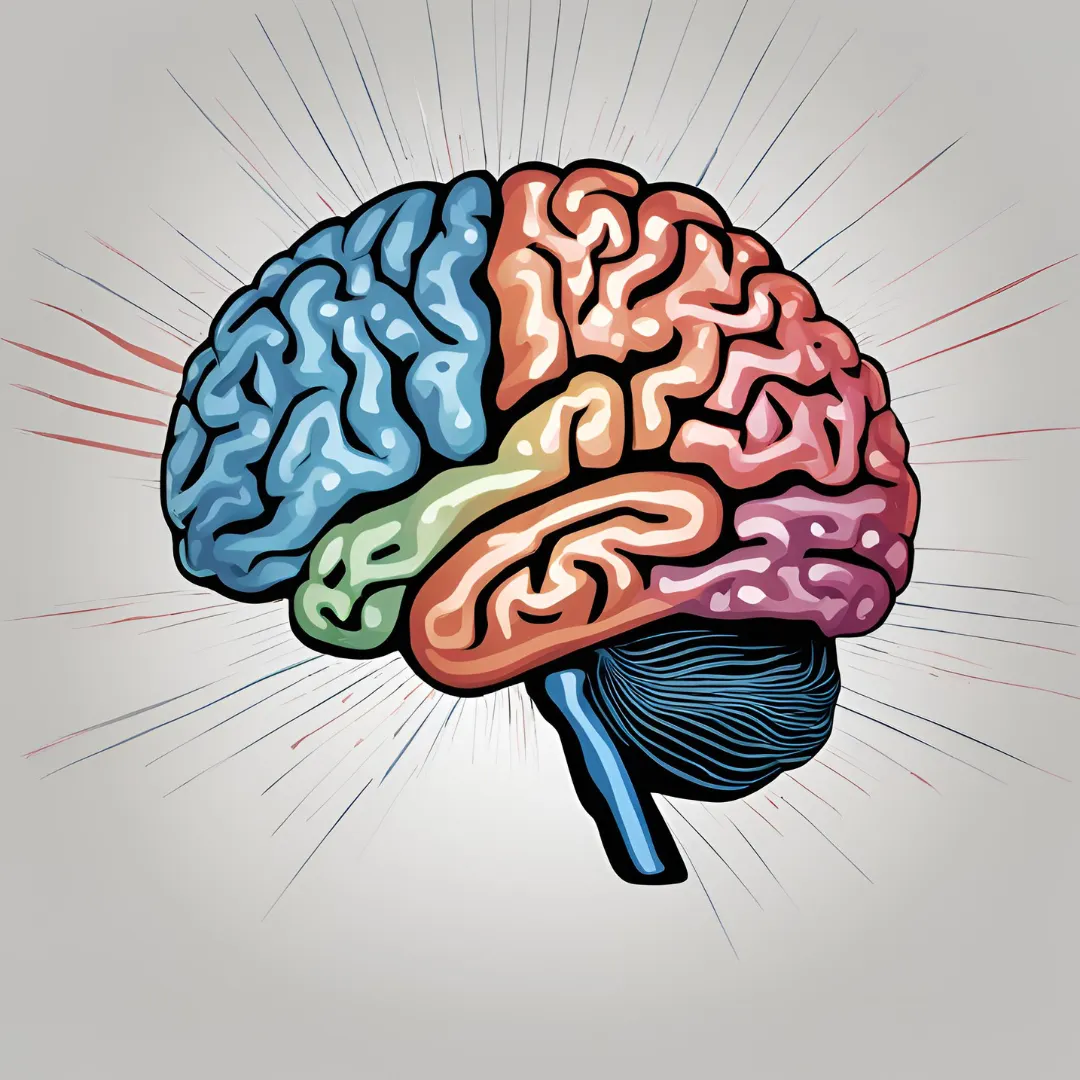The Vital Role of Brain Waves in Enhancing Health
Unlocking the Power of Theta Waves: Boosting Memory, Creativity, and Well-Being

The human brain is a marvel, constantly shifting between different states of consciousness, each defined by unique brain wave frequencies. These brain waves are not just background noise—they play a crucial role in our mental and physical health, influencing everything from mood and cognition to sleep and overall well-being. Among them, theta brain waves stand out for their profound impact on optimal brain function. In this article, we’ll dive into the significance of brain waves, with a special focus on theta waves, and explore how they contribute to better health.
Getting to Know Your Brain Waves
Brain waves are electrical patterns created by the synchronized activity of neurons in the brain. They’re classified by their frequency, measured in Hertz (Hz), and are associated with different states of consciousness:
1. Delta Waves (0.5–4 Hz):
These are the slowest brain waves, primarily occurring during deep sleep and states of physical restoration. Delta waves are essential for bodily healing and repair.
2. Theta Waves (4–8 Hz):
Theta waves are linked to deep relaxation, meditation, creativity, and the early stages of sleep. They’re vital for memory formation, emotional processing, and mental rejuvenation.

3. Alpha Waves (8–12 Hz):
Alpha waves appear during relaxed but alert states, like when you’re calm and awake. They’re associated with a state of relaxed focus, often experienced during light meditation or daydreaming.
4. Beta Waves (12–30 Hz):
Beta waves dominate during active thinking, problem-solving, and focused attention. While they’re necessary for cognitive tasks, too much beta activity can lead to stress and anxiety.
5. Gamma Waves (30–100 Hz):
These are the fastest brain waves, involved in complex cognitive functions, including perception, consciousness, and problem-solving.
Why Theta Brain Waves Matter
Theta brain waves, with frequencies ranging from 4 to 8 Hz, are particularly crucial for optimal brain function. These waves are most prominent during states of deep relaxation, meditation, and the early stages of sleep, especially REM sleep. Here’s why theta waves are so important:
1. Memory and Learning:
Theta waves play a key role in memory consolidation. When your brain is in a theta state, it’s highly efficient at processing and storing information. Research published in the Journal of Neuroscience highlights that theta rhythms are essential for hippocampal function, which is critical for forming new memories and retrieving stored information.
2. Creativity and Problem-Solving:
Theta waves are linked to enhanced creativity and innovative thinking. In a theta state, your brain is more open to free-flowing ideas, less constrained by linear, logical thought processes, fostering “out-of-the-box” thinking. A study in the Journal of Creative Behavior found that individuals with greater theta wave activity exhibited increased creativity and problem-solving abilities.
3. Emotional Healing and Stress Reduction:
Theta waves are also connected to emotional processing and healing. They help release suppressed emotions and contribute to mental calmness. Regular access to theta states through meditation or specific therapies can reduce stress and anxiety, boosting emotional resilience. A study in Frontiers in Psychology showed that enhancing theta wave activity during meditation was associated with reduced anxiety and improved emotional regulation.
4. Spiritual and Transpersonal Experiences:
Theta waves are often present during deep meditative states and spiritual experiences. Many people report feelings of connectedness, heightened intuition, and spiritual insight when their brain is dominated by theta waves. This state is often pursued in spiritual practices and is believed to foster a deeper connection with oneself and the universe.
Boosting Theta Brain Waves for Better Health
Considering the numerous benefits linked to theta brain waves, there are several effective ways to enhance their activity and improve mental and physical health:
1. Meditation:
Regular meditation is one of the best ways to boost theta wave activity. Techniques such as mindfulness meditation, deep breathing, and guided imagery can help shift the brain from beta or alpha states into the deeper theta state.
2. Yoga Nidra:
Also known as “yogic sleep,” Yoga Nidra is a state of conscious relaxation that enhances theta wave activity. This practice involves guided relaxation techniques that lead to deep rest and a dominance of theta waves.
3. Binaural Beats:
Listening to binaural beats at a frequency that aligns with the theta range (4–8 Hz) can help induce a theta state. Binaural beats work by playing two slightly different frequencies in each ear, encouraging the brain to produce brain waves at the difference in frequency.
4. Hypnosis and Deep Relaxation Techniques:
Hypnotherapy and other deep relaxation techniques can also stimulate theta brain wave activity, facilitating deep mental and emotional healing.
Wrapping It Up
Understanding and harnessing the power of brain waves, particularly theta waves, can bring significant benefits to your health and well-being. Theta brain waves are vital for memory consolidation, creativity, emotional healing, and even spiritual experiences. By incorporating practices that enhance theta wave activity—like meditation, Yoga Nidra, and listening to binaural beats—you can unlock your brain’s full potential, leading to improved mental clarity, reduced stress, and better overall health.
References
1. Buzsáki, G. (2002). Theta oscillations in the hippocampus. Neuron, 33(3), 325-340.
2. Fink, A., & Benedek, M. (2014). EEG alpha power and creative ideation. Neuroscience & Biobehavioral Reviews, 44, 111-123.
3. Cahn, B. R., & Polich, J. (2006). Meditation states and traits: EEG, ERP, and neuroimaging studies. Psychological Bulletin, 132(2), 180-211.
4. Atchley, R. M., Warden, M. R., & Pompili, M. (2012). Theta activity: Possible implications for the psychobiology of depression and anxiety. Frontiers in Psychology, 3, 541.